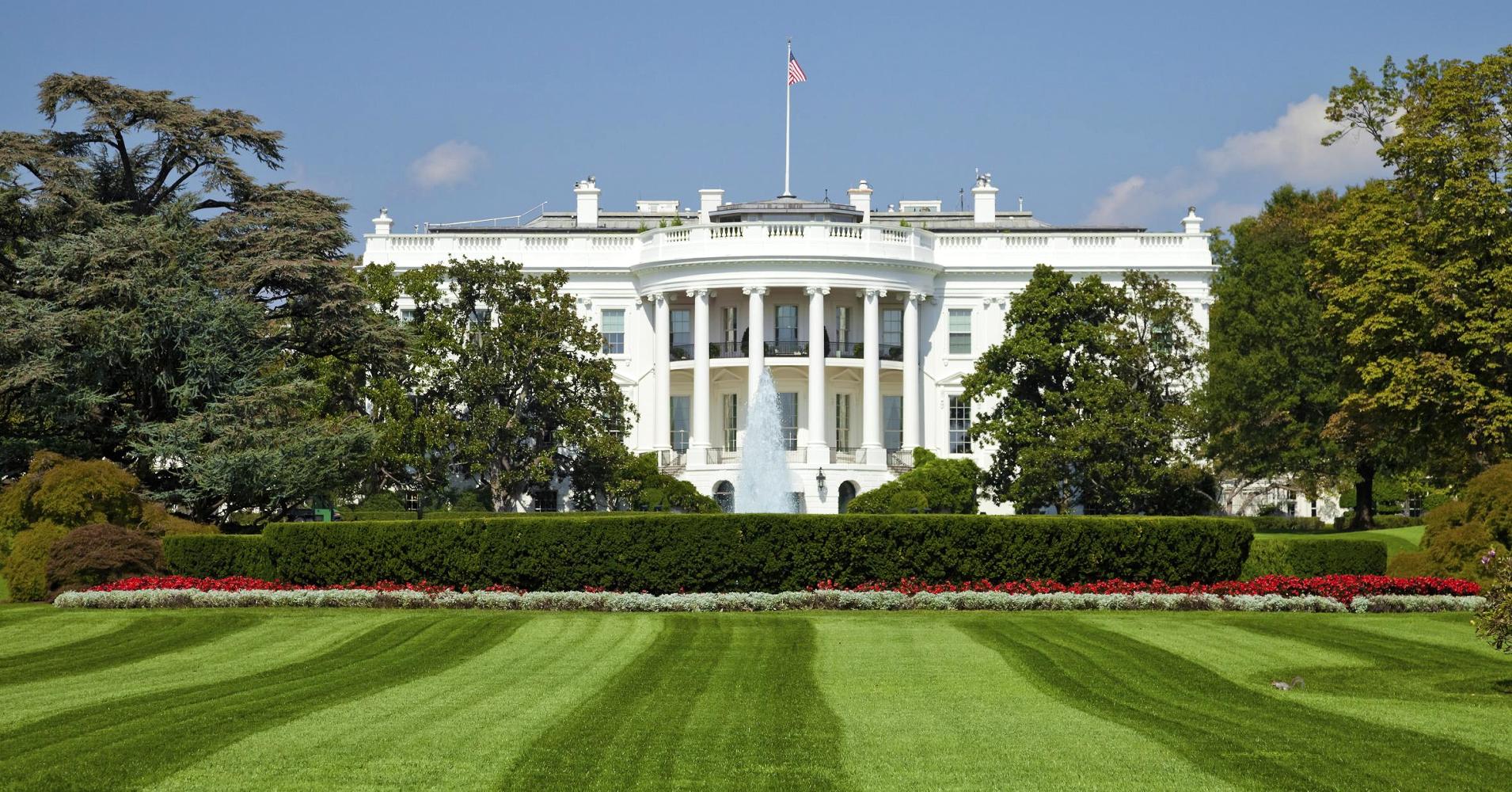WASHINGTON: The White House today lauded Prime Minister Narendra Modi’s announcement that India would ratify the Paris agreement on climate change on October 2, saying this is another example of his courageous leadership.
“We welcome the actions from the Indian government. It is just another example of the courageous leadership that Prime Minister Modi has shown on this issue. And that’s to his credit,” the White House Press Secretary Josh Earnest told reporters at his daily news conference yesterday.
“He (Modi) recognises how important it is for India to be a leader in the international community on this issue. And he’s making good on that priority, and he deserves a lot of credit for that.
“And I know that the President, when he met with Prime Minister Modi earlier this month in Laos, had an opportunity to thank him for his leadership on this issue,” Earnest said.
The US President Barack Obama met the Prime Minister in Laos early this month on the sidelines of the ASEAN Summit.
India’s ratification of the Paris agreement on climate change is expected to bring the agreement closer to be being enforced.
It can take effect only once 55 countries, representing 55 per cent of the world’s greenhouse-gas emissions, ratify it.
So far, 60 countries have done so, including the largest emitters, the US and China, fulfilling the first condition.
India’s ratification would bring it closer to 52 per cent, World Resources Institute said.
“We have not put a firm deadline for ratification of the climate agreement, other than to say we expect the agreement to enter into force by the end of this calendar year.
I don’t know if it will be done by the first week in November,” he said when asked about the upcoming UN meet on climate change in Morocco in the first week of November.
“However, as important as the Paris climate agreement is, and how significant it is that this agreement is going into effect within a year’s time, it’s only a starting point.
“And the President is hopeful that the significance of this agreement is not that it solves the problem of carbon pollution once and for all, but rather it serves as a template to mobilise the international community to take coordinated, substantial steps to addressing this problem,” he said.
“It sets up a mechanism whereby every five years’ countries consider the commitments that they can make to further fight carbon pollution.
And the impact of this agreement is one that is likely to be seen only after it’s been in place for a substantial period of time.
And we’ve been able to see the progress the country, that the world, that the planet makes in confronting this challenge, and as the world continues to more effectively cooperate to confront this shared threat,” Earnest said. (AGENCIES)


